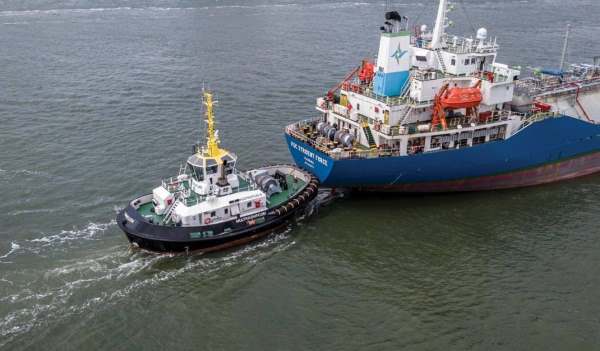The Union Minister of Ports, Shipping, and Waterways, Shri Sarbananda Sonowal, officially launched the Standard Operating Procedure (SOP) for the Green Tug Transition Program (GTTP) today in New Delhi. This groundbreaking initiative marks a significant step in India’s journey towards environmental sustainability and the modernization of its maritime sector by transitioning from conventional fuel-based harbour tugs to greener, more sustainable alternatives.
The GTTP aims to phase out conventional fuel-powered harbour tugs currently operating at Indian Major Ports and replace them with green tugs that run on cleaner and more sustainable alternative fuels.
Four major ports—Jawaharlal Nehru Port Authority, Deendayal Port Authority, Paradip Port Authority, and V.O. Chidambaranar Port Authority—will each procure or charter at least two green tugs. These tugs will be built based on standardized designs and specifications provided by the Standing Specification Committee (SSC). The program is expected to require an investment of approximately INR 1,000 Crores. The first set of green tugs will be battery-electric, with future potential to incorporate emerging green technologies such as hybrid systems, methanol, and green hydrogen as the industry evolves.
By 2040, all tugs operating in Indian Major Ports are expected to transition to green tugs, creating a standardized, eco-friendly fleet across the country. Additionally, from 2033 onward, any new tug built in India for use in Indian ports must comply with the ASTDS-GTTP standards.
Harbour tugs, which play a crucial role in port operations such as berthing, unberthing, and ship assistance, are ideal candidates for adopting green technologies like electric propulsion and alternative fuels. These innovations can substantially reduce emissions while maintaining operational efficiency.
The GTTP underscores the Government’s broader commitment to sustainability and innovation in the maritime sector, paving the way for a cleaner, greener future for India’s ports and maritime operations.
- PIB







